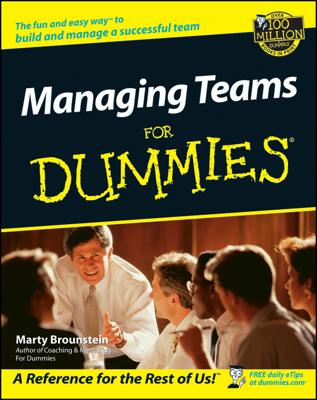While stockholders and business managers are primarily concerned with the profit performance of the business in which they are shareholders, they have inherent conflict of interests.
The dividends that stockholders receive and the value of their stock shares depend on the business’s profit performance. Managers’ jobs depend on living up to the business’s profit goals.
The conflicts between stockholders and the managers of a business include the following:
The more money that managers make in wages and benefits, the less stockholders see in bottom-line net income. Stockholders obviously want the best managers for the job, but they don’t want to pay any more than they have to. In many corporations, top-level managers, for all practical purposes, set their own salaries and compensation packages.
A public business corporation establishes a compensation committee consisting of outside directors that sets the salaries, incentive bonuses, and other forms of compensation of the top-level executives of the organization. An outside director is one who has no management position in the business and who, therefore, should be more objective and should not be beholden to the chief executive of the business.
This is good in theory, but it doesn’t work out that well in practice — mainly because the top-level executive of a large public business typically has the dominant voice in selecting the persons to serve on its board of directors. Being a director of a large public corporation is a prestigious position, to say nothing of the annual fees that are substantial at most corporations.
The question of who should control the business — managers, who are hired for their competence and are intimately familiar with the business, or stockholders, who may have no experience relevant to running this business but whose money makes the business tick — can be tough to answer.
In ideal situations, the two sides respect each other’s contributions to the business and use this tension constructively. Of course, the real world is far from ideal, and in some companies, managers control the board of directors rather than the other way around.
As an investor, be aware of these issues and how they affect the return on your investment in a business. If you don’t like the way your business is run, you can sell your shares and invest your money elsewhere. (However, if the business is privately owned, there may not be a ready market for its stock shares, which puts you between a rock and a hard place.)

